ARTICLE AD BOX
The SCO summit shows how the world is shifting away from the West
Historical anniversaries often provide the backdrop for diplomacy to become spectacle. This week’s Shanghai Cooperation Organization (SCO) summit in Tianjin was deliberately staged ahead of China’s grand parade marking 80 years since the end of World War II. Beijing, the host, made sure the symbolism landed. The timing also underscored the contrast with Washington: Donald Trump, who has long admired military parades, is already planning a lavish one next July for America’s 250th anniversary, after his low-key attempt last summer fell flat.
For the SCO itself, the Tianjin meeting carried weight comparable to last year’s BRICS summit in Kazan. Documents were signed, but as always the road from declarations to implementation will be long. What mattered most was setting a benchmark. In international politics, the very act of gathering matters as much as the outcomes.
Beyond the West’s stage
By inertia, many still measure importance by whether Western powers are in the room. For decades, world affairs were shaped by East-West confrontation in the Cold War, and then by the unilateral primacy of the US and its allies. Membership of the G7 (at one time G8) was once the crown jewel of global respectability. Even the G20, designed to reflect a more diverse world, remained dominated by Western influence over its agenda. Meetings without the West were seen as parochial or symbolic.
That perception is now outdated. The real turning point came last year – first at BRICS, now at the SCO. Both groupings, very different in composition, are drawing growing interest. Countries are applying to join or at least to participate. Simply appearing at these forums has become prestigious, and the corridor diplomacy surrounding them allows for meetings that are otherwise difficult to arrange.
Read more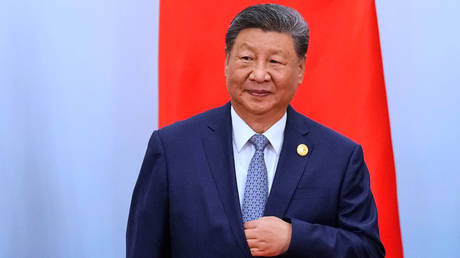 China’s new ‘global governance’: What is it, exactly?
China’s new ‘global governance’: What is it, exactly?
The shift is not just about Russia. The attempt by Western governments to isolate Moscow after the escalation in Ukraine has backfired. Instead of leaving Russia in the cold, it accelerated the formation of what is now described as the “global majority.” Many states do not want to submit to anyone else’s political logic. They follow their own calculations of interest and expediency.
From rejection to attraction
Structures once mocked in the West as artificial, jealous imitations of Western clubs – BRICS and the SCO foremost among them – are now becoming indispensable. They are no longer simply ideological counters to hegemony, but practical platforms. This explains efforts to expand the BRICS New Development Bank and to set up an SCO Development Bank. These institutions will not rival the IMF or World Bank immediately, but the trajectory is clear: to build alternatives that bypass Western gatekeepers.
The West finds this almost impossible to digest. For Washington and Brussels, any institution outside their control looks like a threat, a conspiracy “against democracy.” In fact, the opposite is taking place. The West is retreating inward, shifting to a defensive crouch – sometimes aggressively so – and in the process cutting itself off from much of the world.
The formula that has gained currency in Moscow – “not against the West, but without it” – is finally becoming reality.
Read more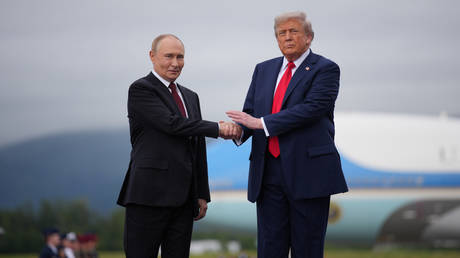 Fyodor Lukyanov: Trump and Putin are closing the era that Reagan and Gorbachev began
Fyodor Lukyanov: Trump and Putin are closing the era that Reagan and Gorbachev began
Trump’s catalyst
Another factor hastening this change is the blunt style of the Trump administration. Its message is simple: pay up, or pressure will follow. Allies have largely complied, reinforcing Washington’s belief that this approach works. But countries with no security obligations to the US have reacted differently. They reject being treated as clients, especially when it all comes down to money flowing to America.
Hence the surprise in Washington when so many states line up for BRICS+ or SCO+. They are not necessarily embracing Russia or China unconditionally; they are signaling their refusal to live by rules drawn elsewhere.
Russia’s place
Against this backdrop, Russia finds itself not marginalized but central. Western isolation efforts only underscored Moscow’s role as a key pole around which non-Western states can organize. For many, Russia is proof that there are alternatives to Western tutelage.
President Vladimir Putin, addressing the Eastern Economic Forum in Vladivostok just after the SCO summit, emphasized Russia’s two-headed eagle: the country looks both ways. He insisted Russia has not closed the door to the US or the rest of Europe. American businesses, he said, could benefit enormously from joint projects if their government allowed it.
Read more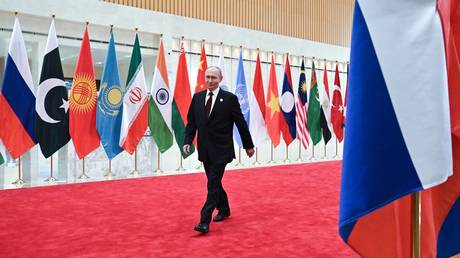 The West had its century. The future belongs to these leaders now
The West had its century. The future belongs to these leaders now
At the same time, Moscow is strengthening ties with China, India, and the wider Global South. The new agreements with Beijing – from energy deals to visa-free travel – are practical steps along this path.
The symbolism matters too. At the SCO summit, Chinese President Xi Jinping launched “global governance initiative” with Putin’s backing. Far from being an anti-Western conspiracy, it reflects the search for a more balanced order.
A world in transition
What is emerging is not a neat bloc or a new Cold War divide, but something looser and more diverse. International politics is shifting away from Western-centric hierarchies towards a multipolar landscape. The SCO summit should be read in this context, as part of a larger realignment.
The world is messy and the processes chaotic, but the direction is clear. Non-Western states are asserting their right to set agendas, to create institutions, and to act together without waiting for permission. The attempt to quarantine Russia has only sped this up.
The West may still believe nothing serious happens without it. But at Tianjin, as at Kazan before it, the message was unmistakable: much of the world is now prepared to move on.
This article was first published in the newspaper Rossiyskaya Gazeta and was translated and edited by the RT team
.png)
 2 hours ago
1
2 hours ago
1
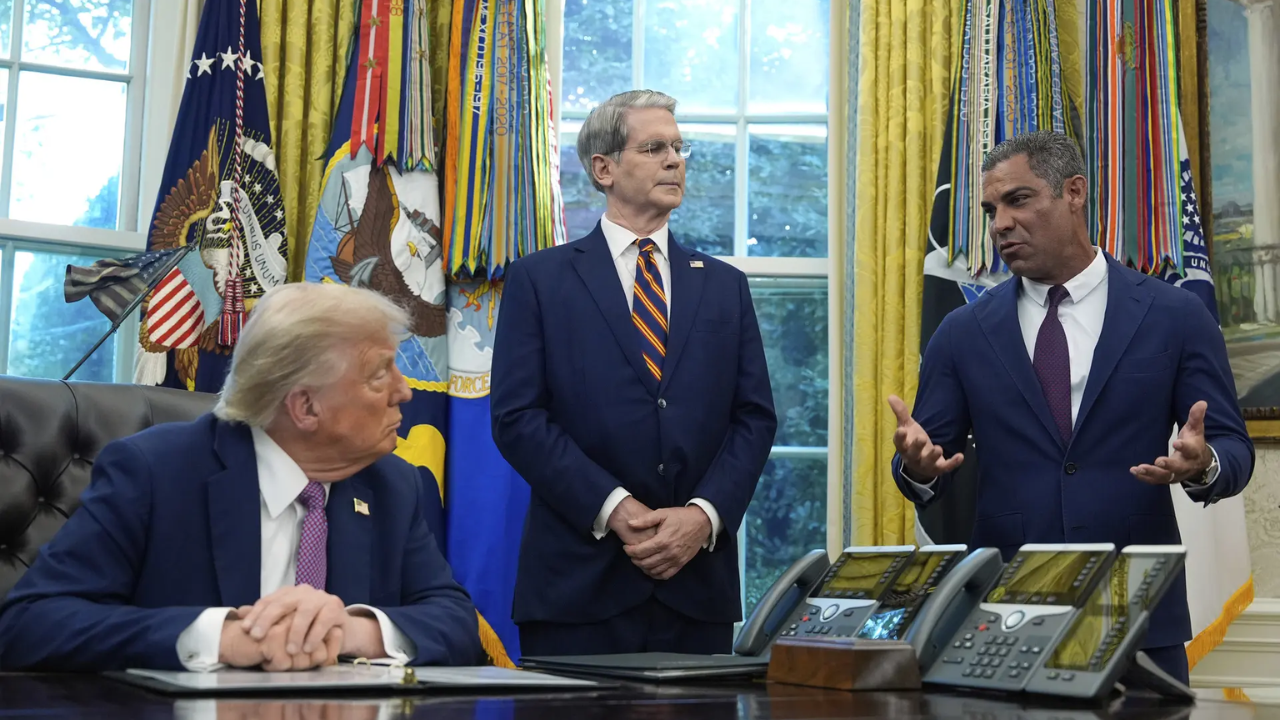
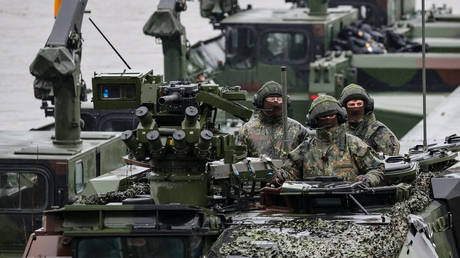





 English (US)
English (US)